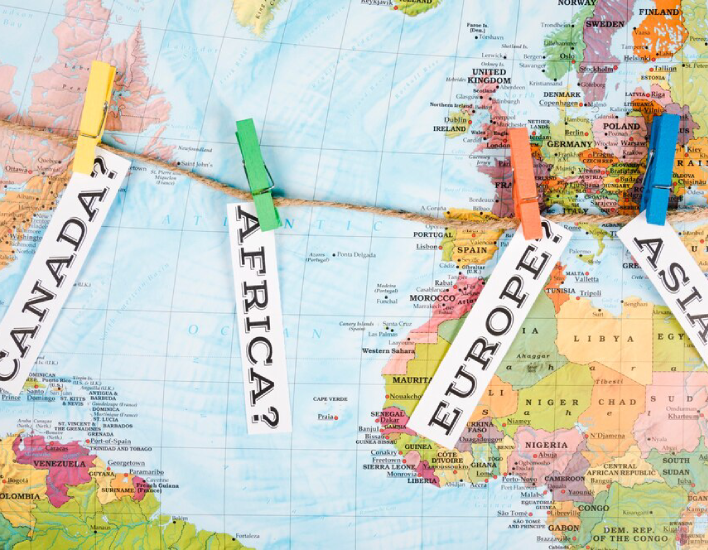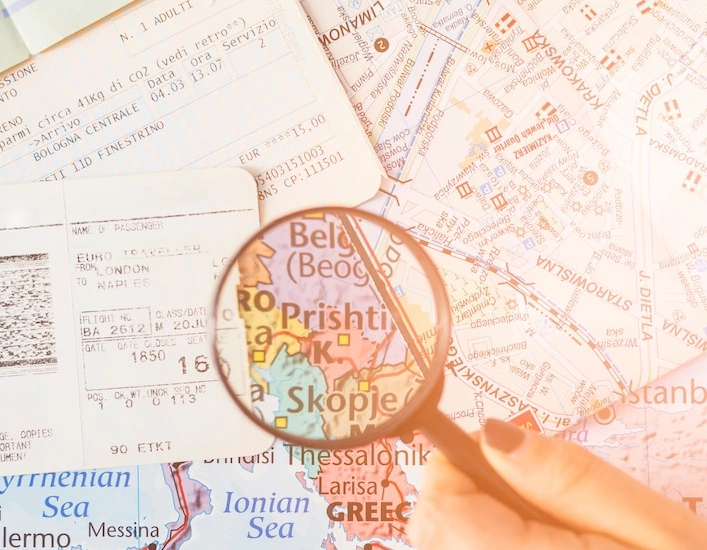
Cultural Translation: Bridging Language Gaps
- Developer
- February 3, 2025
- Translation
- 0 Comments
In a globalized world, communication goes beyond language. It’s about understanding the cultural framework that shapes people’s perspectives, actions, and values. For businesses, especially in culturally diverse markets like the UAE, this means moving past word-for-word translations to connect with audiences on a deeper level. This is where cultural translation plays a critical role.
Cultural translation is not merely about linguistic accuracy; it’s about context, relevance, and respect. It ensures that every message resonates with its target audience, aligning with their cultural norms and expectations. Businesses that embrace this approach position themselves as relatable, trustworthy, and globally competent.
What Is Cultural Translation, and Why Is It Essential?
Cultural translation adapts not just words but the meaning behind those words. This involves rethinking idioms, metaphors, and culturally significant expressions to make them relatable to a specific audience. For example, an advertising campaign that works well in the U.S. might flop in the UAE if it overlooks local traditions or values.
For businesses in the UAE, cultural translation is more than a best practice—it’s a necessity. With over 200 nationalities represented in the country, failing to adapt messages culturally can lead to miscommunication or, worse, alienation of potential clients. Consider a marketing campaign featuring imagery or language that unintentionally contradicts cultural norms. The damage to brand reputation can be immediate and costly.
Businesses must recognize that every market is unique. By investing in cultural translation, companies don’t just translate words—they build bridges that connect them with their audience on a meaningful level.


Understanding Cultural Nuances: The Foundation of Effective Translation
The true essence of cultural translation lies in its ability to capture nuances. A literal translation of a phrase may convey the correct words but lose the intended meaning. Let’s consider three core areas where cultural nuances matter:
1. Language Adaptation
Language is a reflection of culture. In Arabic, formal greetings and expressions often include references to peace, blessings, and familial respect. These elements reflect deep cultural values. A direct translation that ignores this context can come across as cold or dismissive.
For instance, the Arabic greeting “Assalamu Alaikum السلام عليكم” carries both respect and warmth. Translating this simply as “hello” fails to convey its full significance. Effective translation requires understanding the emotional and cultural weight of such expressions.
2. Visual and Symbolic Elements
Visuals are as important as words. Colors, imagery, and symbols can have different meanings in different cultures. Red, for example, is associated with celebration in China but may signify danger or caution in other regions. Similarly, hand gestures or symbols commonly used in one country might be offensive in another.
For businesses operating in the UAE, this means carefully tailoring visuals to resonate with local sensibilities. A simple oversight in this area can undermine the impact of an otherwise well-crafted message.
3. Contextual Relevance
Cultural translation also demands a keen awareness of societal norms and traditions. An idiom or metaphor that resonates in one culture might not even exist in another. Translators must have a deep understanding of the target culture to ensure that the message remains impactful and relatable.
Why the UAE Is a Hub for Cultural Translation
The UAE’s multicultural landscape makes it an ideal case study for the importance of cultural translation. As a global business hub, the country attracts organizations from every corner of the world. Each business must cater to a diverse audience that values cultural respect and understanding.
From luxury brands customizing their marketing for Emirati sensibilities to government entities ensuring inclusivity in communication, cultural translation is the foundation of successful engagement. Companies that embrace it position themselves as partners who truly understand the people they serve.
How Alef Creates Excels in Cultural Translation Services
Alef Creates stands as a leading example of excellence in cultural translation. Their approach goes beyond simply translating text. They combine linguistic expertise with cultural insight to craft messages that resonate deeply with diverse audiences. Here’s what sets them apart:
1. Precision and Adaptability
Alef Creates ensures that every piece of content is meticulously adapted to reflect cultural sensitivities. Whether translating for businesses in hospitality or government, their team tailors each project to align with the unique norms and values of the target culture.
2. Industry-Specific Expertise
Different industries require different approaches to cultural translation. For instance, a fashion brand’s messaging might focus on trends and individuality, while healthcare communication needs clarity and cultural respect. Alef Creates understands these nuances, ensuring that content is not only accurate but also impactful.
3. A Commitment to Trust and Authenticity
Cultural translation is about building trust. Alef Creates achieves this by maintaining authenticity in every project, ensuring that businesses can connect with their audience in a genuine and respectful way.
The Business Benefits of Cultural Translation
1. Enhanced Credibility
A culturally adapted message demonstrates respect for the audience’s values, building trust and credibility. In markets like the UAE, where traditions and etiquette are highly regarded, this is invaluable.
2. Increased Engagement
When a message aligns with cultural norms, it naturally resonates with the audience. This leads to higher levels of engagement, whether in the form of brand loyalty, customer inquiries, or conversions.
3. Avoiding Missteps
The consequences of poor translation can range from minor embarrassment to major reputational damage. Cultural translation minimizes these risks by ensuring messages are both accurate and appropriate.
Conclusion
Cultural translation is more than a technical skill—it’s a strategic tool for building meaningful connections. For businesses in culturally diverse markets like the UAE, it ensures that every message resonates with the values, traditions, and expectations of the audience.
Investing in cultural translation services, like those provided by Alef Creates, is not just about avoiding miscommunication. It’s about creating opportunities, fostering trust, and driving engagement. The brands that succeed in today’s global market are those that respect and embrace cultural diversity.
Ready to bridge the gap and connect with your audience? Explore Alef Creates’ cultural translation services today.
FAQs
01 What is cultural translation, and how does it differ from literal translation?
Cultural translation goes beyond converting words from one language to another. It involves adapting the meaning, context, and tone to ensure that the message resonates culturally. Literal translation may focus on accuracy of words, but cultural translation ensures the message is relevant and impactful.
For a deeper understanding, check out the difference between translation and localization.
02 Why is cultural translation critical for businesses in the UAE?
In the UAE’s multicultural market, communication that respects cultural differences is essential. Without it, businesses risk alienating their audience or miscommunicating their intent. Cultural translation allows brands to build trust and effectively connect with their diverse audience.
Learn more about why translation services are crucial for the UAE here.
03 How do cultural translation services improve brand credibility?
When a business demonstrates cultural understanding in its messaging, it earns the audience’s trust. This credibility fosters stronger relationships and builds a positive reputation in the market.
Explore the benefits of professional translation services here.






